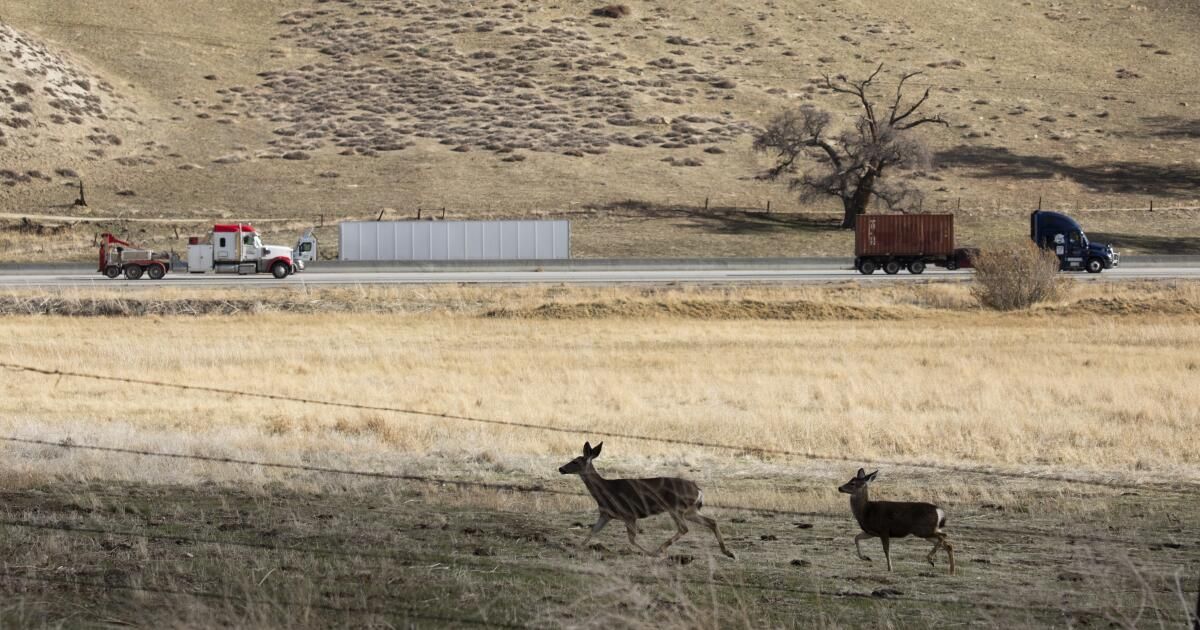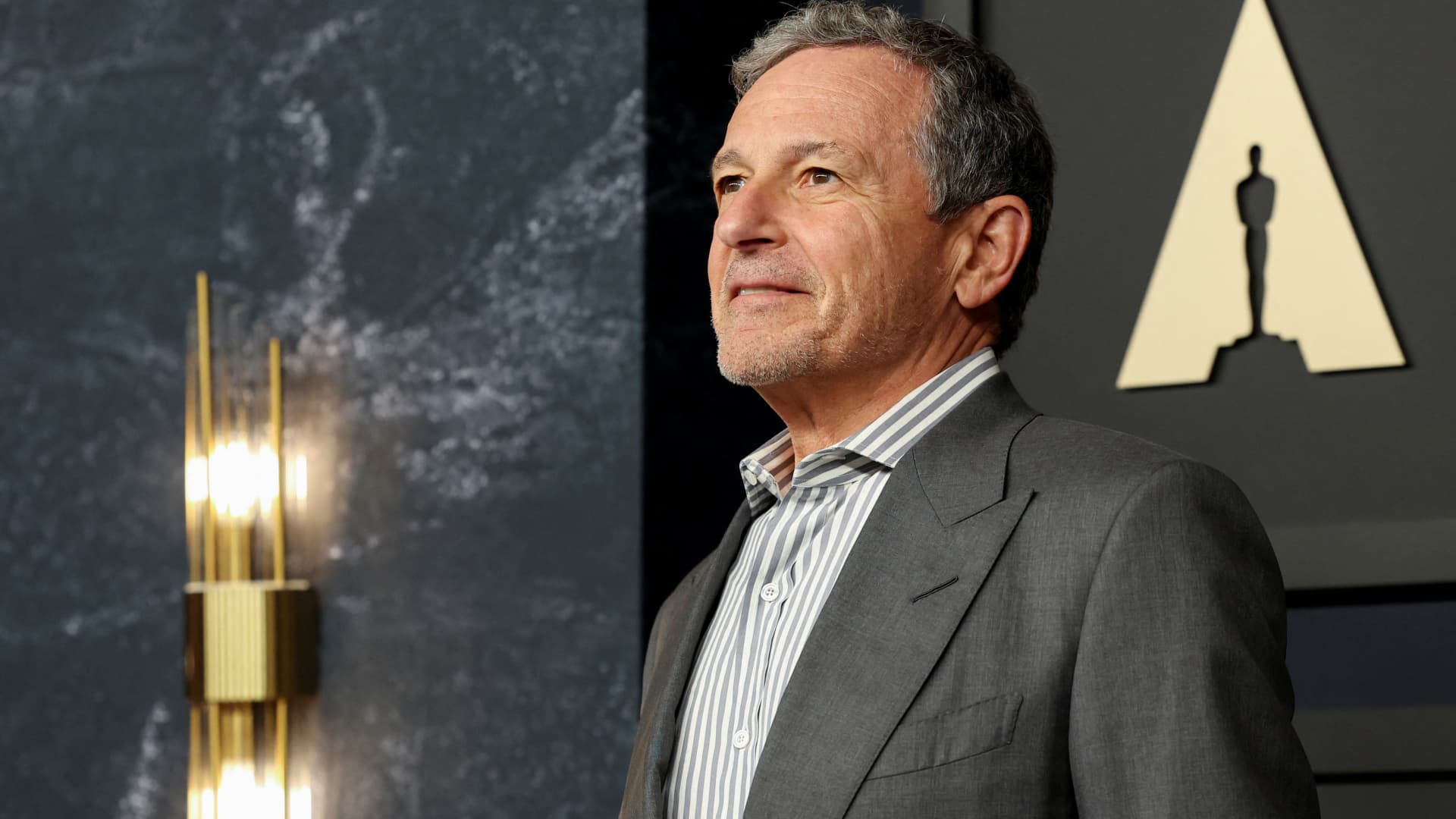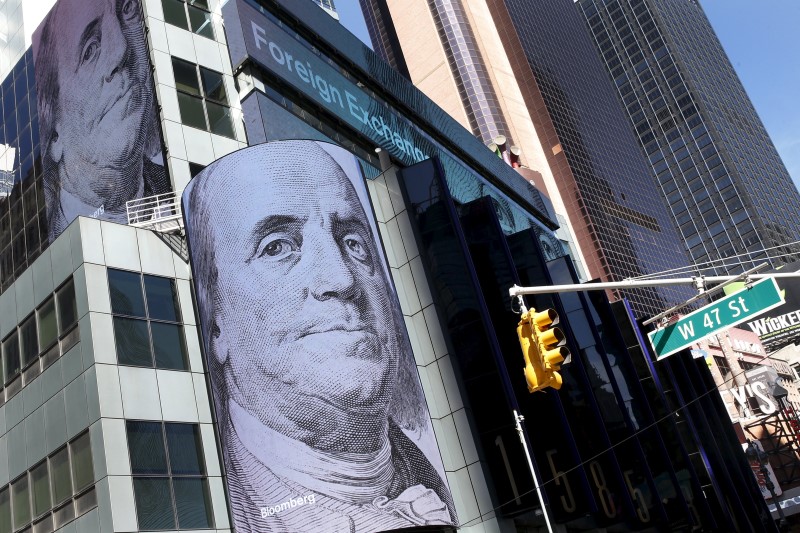Electric vehicle drivers hitting Interstate 5 will soon have the chance to double-charge: electrons for the car and caffeine for the driver.
Starbucks and Mercedes-Benz announced a partnership Wednesday to install electric vehicle fast chargers at 100 Starbucks cafes along the highway, starting in 2025. It’s part of a plan to install hundreds of chargers at electric vehicle hotspots across the United States. While the chargers will carry the Mercedes-Benz brand, they will be open to all electric vehicles.
Californians consider the 5 Freeway the quickest (if least scenic) way to get around the state. The 5 runs through the Central Valley and is the only interstate highway connecting Mexico and Canada, from Tijuana and Vancouver through California, Oregon and Washington. The companies have not disclosed how many stations will be installed in California or at which Starbucks locations.
Aggressive and shocking reports on climate change, the environment, health and science.
Each location will feature four to ten EV fast chargers, with a maximum capacity of 400 kWh and equipped with NACS nozzles, the same type used by Tesla. NACS is quickly becoming the industry standard, but the chargers will also be equipped with CCS nozzles and accommodate the increasingly popular 800-volt battery architectures.
While the two brand giants are sure to attract attention, the pressure to perform at their best will be intense. The reliability of publicly available EV chargers is abysmal, and while the industry is trying to improve, there is still a long way to go.
Several studies have shown that up to 25% of public chargers are not working. While some of those studies are years old, a recent JD Power survey indicated that customer perceptions of reliability continue to worsen.
A reliable system could increase traffic to Starbucks and boost Mercedes-Benz brand recognition among EV drivers. However, if the quality doesn't surpass the current charging experience, it could hurt both brands.
Mercedes-Benz said it is taking steps to ensure 99 percent reliability and will hire inspectors to conduct walk-arounds to check that chargers are working and fix them quickly if they aren't. “Quality will be a guarantee, not a gamble,” said Andrew Cornelia, director of Mercedes-Benz's charger division.
Carleen Cullen, an electric vehicle advocate and director of an organization called Cool the Earth, has criticized public charging infrastructure but said she is “super excited” about the Starbucks-Mercedes news. “This type of advancement is exactly what we need in the industry. Putting chargers in the places where people shop and eat is the perfect solution.” Having two companies with their brand image on the line also helps, she said.
Mercedes-Benz will buy its charger from ChargePoint, a company with a relatively new CEO that is trying to shake off a bad reputation. Mercedes-Benz said it is pleased with ChargePoint’s technology.
But it was ChargePoint’s original business model that got it into trouble. It worked like this: The company received millions in subsidies from the state of California and sold its chargers to retailers and other businesses that also received millions in state subsidies.
ChargePoint charged those buyers for maintenance contracts, but many of those companies refused to pay more, angering drivers who turned to ChargePoint chargers that weren't working.
That business model worked very well for ChargePoint executives. The previous chief executive, Pasquale Romano, issued stock through a so-called special purpose acquisition company and made millions. The California Energy Commission, which handed out the subsidy money, is considering ways to make subsidy recipients more accountable.
Mercedes-Benz did not say how much subsidy money it could receive, though it would likely qualify for state funding and part of the $7.5 billion charging infrastructure program approved by Congress and administered by the Biden administration.
The company also declined to discuss pricing.










